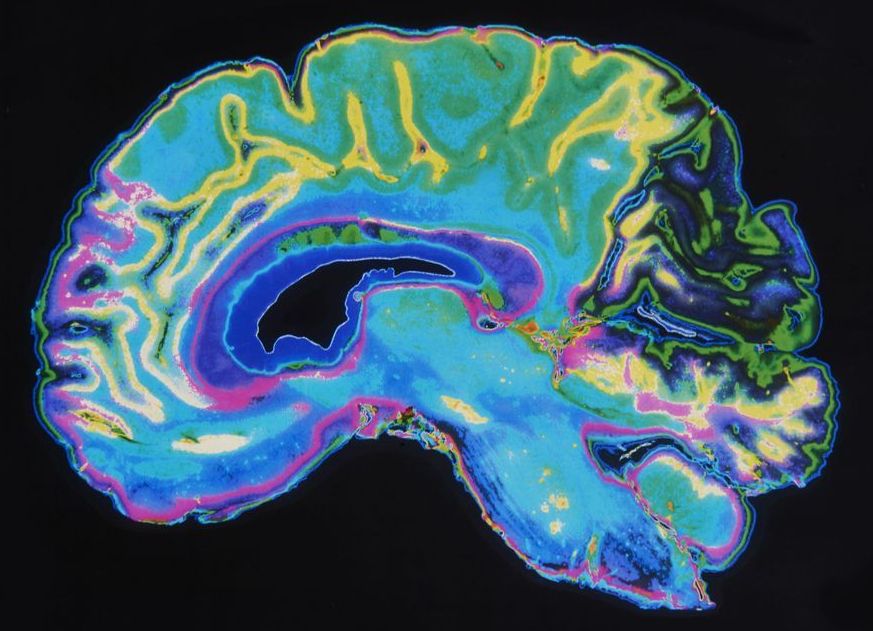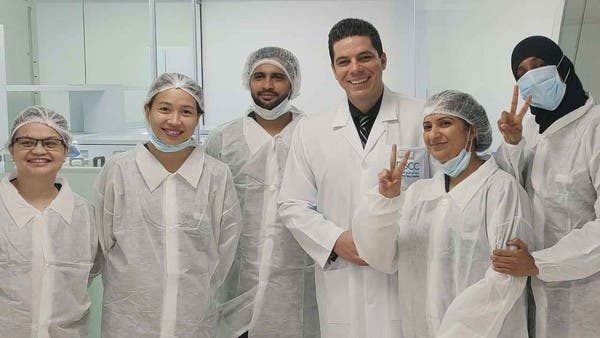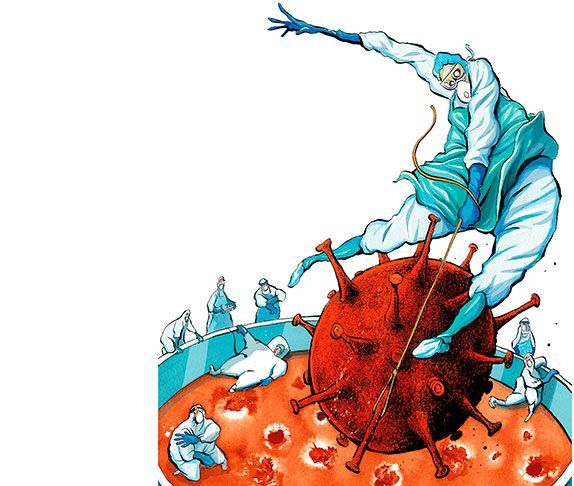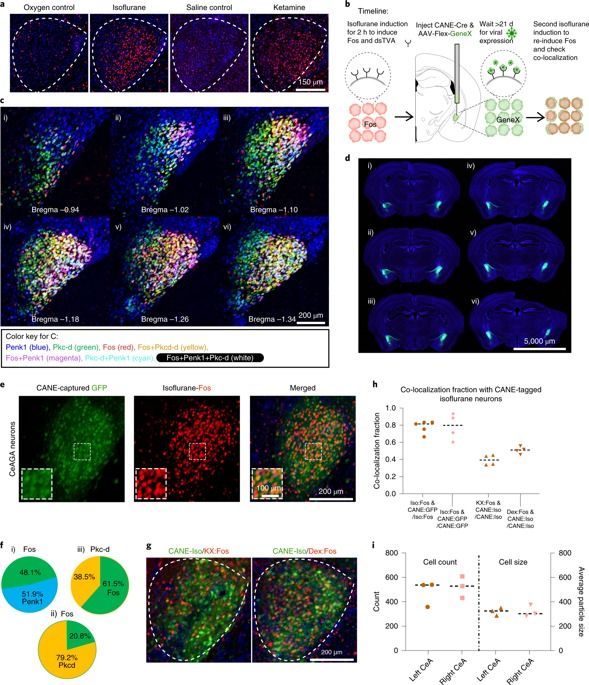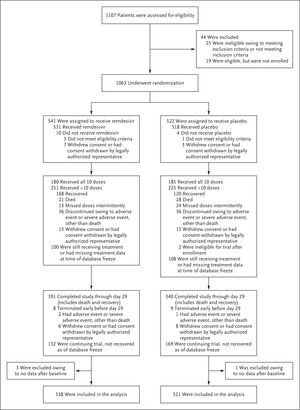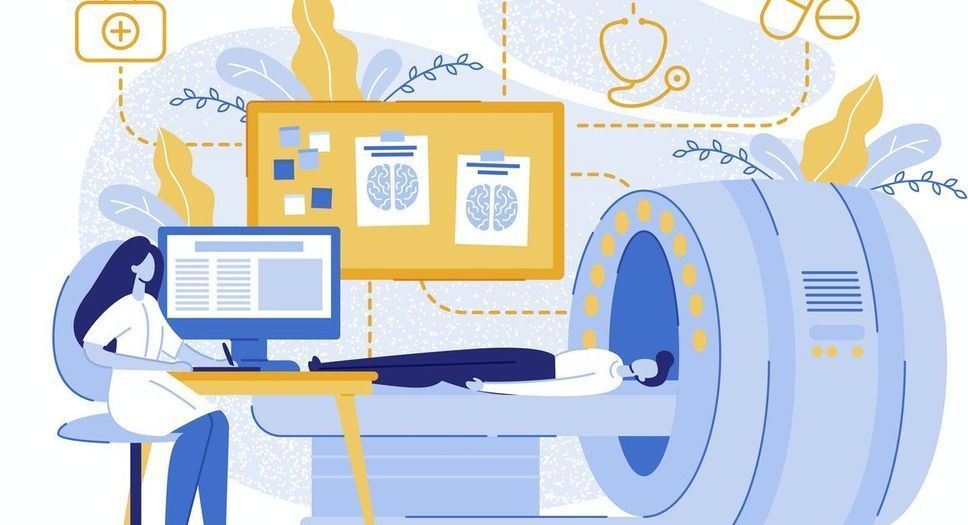DNA damage is common to our cells, but when we’re young our bodies can fix it pretty easily. Unfortunately we lose that ability over time, leading to many of the symptoms of aging that we know all too well. A new study from MIT has found that reactivating a certain enzyme improves repair of DNA damage in neurons, which helps Alzheimer’s patients and others with cognitive decline.
Previous studies by the team have shown that an enzyme called HDAC1 seems to be involved in DNA repair in neurons. For the new study, the researchers examined what happens when HDAC1 doesn’t do its job.
The team engineered mice to be deficient in HDAC1, and monitored their health compared to normal mice. Things looked good during the animals’ youth – there were no differences in DNA damage or behavior between the two groups. But as they aged, the decline became clear.
